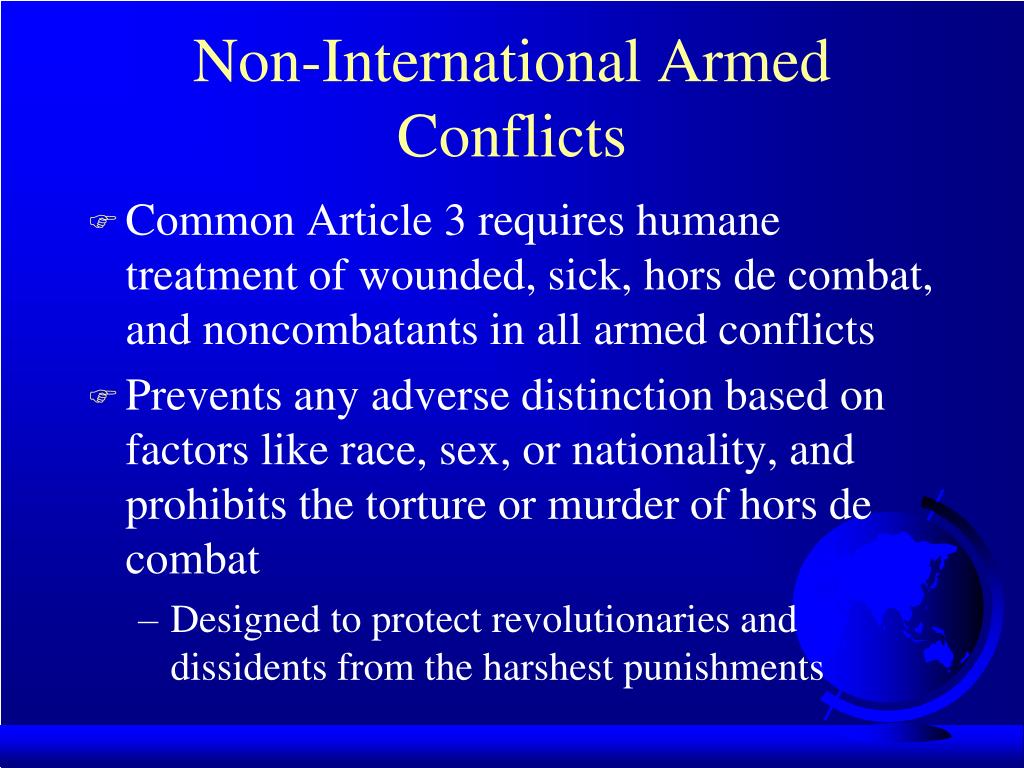
--Inbunden.jpg)
The Convention also grants formal recognition to the protective emblems. It contains 64 articles, which provide protection not only for the wounded and sick, but also for medical and religious personnel, medical units and medical transports. This Convention is the fourth version of the original 1864 Geneva Convention on the wounded and sick, which was modified in 1906 and then in 1929.

The First Geneva Convention protects wounded and sick soldiers on land during war. They protect people who are not taking part in the fighting (civilians, medical personnel, aid workers) and those who can no longer fight (the wounded, sick and shipwrecked troops, prisoners of war).

The Geneva Conventions and their Additional Protocols contain the most important rules limiting the barbarity of war. They impose rules only on those States that have expressed their consent to be bound by them. Treaties may also take the form of protocols, covenants, agreements, and so on. Treaties, such as the four Geneva Conventions of 1949 and the two Additional Protocols of 1977, are written conventions in which States formally establish certain rules. Customary international law derives from “a general practice accepted as law”. Treaties, such as the four Geneva Conventions of 1949 and their Additional Protocols of 1977, are written sources in which States formally establish certain rules. ‘Treaty law’ and ‘customary international law’ are the main sources of international humanitarian law.


 0 kommentar(er)
0 kommentar(er)
